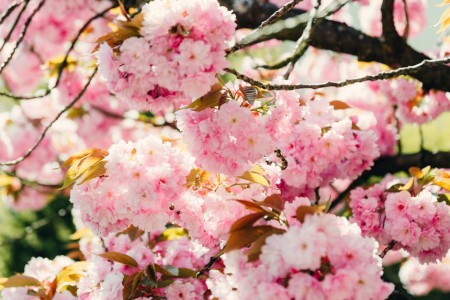Unlocking Prosperity: The Power of the Laughing Buddha in Feng Shui
The Laughing Buddha, also known as Hotei or Budai, is a beloved figure in Feng Shui practices, particularly in Western cultures where the quest for prosperity and happiness is ever-present. This cheerful, rotund figure is often depicted with a broad smile, a large belly, and a sack filled with treasures. Many people believe that placing a Laughing Buddha in their home can invite abundance and joy into their lives. But how does this work, and why should you consider incorporating this ornament into your space?
The Laughing Buddha symbolizes contentment and abundance. His joyful demeanor is said to radiate positive energy, which can transform the atmosphere of your home. When you invite this symbol into your life, you are not just adding a decorative piece; you are welcoming a powerful talisman that can help dissolve negativity and attract good fortune. By placing him in the right spot, you can enhance the flow of chi, or life force energy, throughout your living space.
Positioning the Laughing Buddha correctly is key to maximizing its benefits. Ideally, he should be placed in areas associated with wealth and prosperity, such as the southeast corner of your home or office. This area is known as the wealth corner in Feng Shui. When the Laughing Buddha is positioned here, it is believed to activate the energy of abundance, helping to draw in financial opportunities and prosperity.
Another important aspect of the Laughing Buddha is his sack. It is said to be filled with treasures, symbolizing the wealth and good fortune that he brings. When you look at the Laughing Buddha, his sack reminds you to be open to receiving blessings. This mindset shift can be transformative; instead of focusing on what you lack, you start to recognize the abundance that surrounds you. This change in perspective can lead to unexpected opportunities and a more fulfilling life.
Many people also choose to rub the belly of the Laughing Buddha for good luck. This practice is rooted in the belief that his large belly represents abundance, and by rubbing it, you are inviting prosperity into your life. It’s a simple yet effective ritual that can be incorporated into your daily routine. Whenever you pass by your Laughing Buddha, take a moment to give his belly a gentle rub and set your intentions for wealth and happiness.
In addition to attracting wealth, the Laughing Buddha is also known for promoting harmony and happiness within the home. His joyful presence can create a warm and inviting atmosphere, making your space feel more welcoming. This is especially beneficial if you have a family or often entertain guests. The positive energy generated by the Laughing Buddha can help foster deeper connections and a sense of belonging among those who enter your home.
You might also consider incorporating other Feng Shui elements alongside the Laughing Buddha to enhance its effects. For example, pairing him with plants like jade or money trees can further amplify the energy of prosperity. These plants are also associated with wealth and can create a vibrant, life-affirming environment. Combining these elements can create a powerful synergy that enhances the overall energy of your space.
It’s important to note that the Laughing Buddha is not just a decorative item; he is a reminder of the importance of gratitude and joy in our lives. Embracing these qualities can lead to a more fulfilling existence. Take a moment each day to reflect on what you are grateful for, and allow the Laughing Buddha to serve as a focal point for your intentions. This practice can help you cultivate a positive mindset that attracts more good things into your life.
Incorporating the Laughing Buddha into your home is a beautiful way to invite prosperity, joy, and harmony into your life. By positioning him thoughtfully and embracing the positive energy he represents, you can create a nurturing environment that supports your goals and aspirations. Remember, the key to unlocking the benefits of this powerful Feng Shui ornament lies in your openness to receive and your willingness to foster a mindset of abundance.










